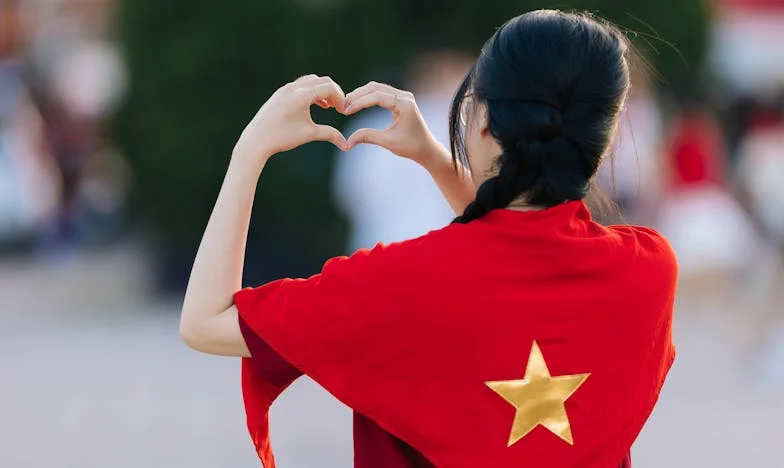Beneath the Water Tower: A Story of Family, Secrets, and Survival
“Are you really going to do it alone again, Mom?” My daughter’s voice crackled through the ancient screen door, sharp as the morning chill nipping at my bones. I didn’t answer. Instead, I gripped the handle of the battered steel pail, boots crunching the frostbitten grass, and started the long walk toward the water tower.
I’m Anna Walker—seventy-three this past March, though I stopped counting the candles a decade ago. The town of Willow Creek knows me as stubborn, maybe even proud. But they don’t know half of it. They don’t know the real reason I come to the water tower every morning, not just for the water, but for the solace, the penance. They don’t know what happened the summer my husband left, or the winter my son disappeared into the city, chasing hope and running from us.
As I reach the tower, the rusty ladder casting a long shadow over the field, I hear footsteps behind me. Not the soft, hesitant tread of my daughter, Emily, but the uneven, shuffling gait of someone older, someone who carries his own burdens.
“You should let it go, Anna,” comes the familiar voice, low and gruff. It’s Jack, my brother, the only one left who remembers how it all began. “You keep coming here like it’ll bring him back.”
I don’t reply. Instead, I lower the bucket into the old pump, the clang of metal echoing through the empty morning. Jack leans against the tower, arms folded. “Emily’s worried. The whole town talks. Why can’t you just get your water from the tap like everyone else?”
The answer is simple. Because that’s not the point. Because the walk, the ritual, is the only thing that keeps the memories at bay. Because I remember too well the day the pipes froze and my husband, Mark, cursed and stormed out, never to return. I remember the day my son, David, told me he hated this town, hated me, and slammed the door behind him. The water tower is the last place I saw them both, together, their silhouettes fading into the dusk.
Jack sighs. “You can’t keep living in the past, Anna.”
“The past is all I have left, Jack,” I whisper, voice trembling. “Emily’s got her own life, her own family. David…” The words catch in my throat.
He walks away, shaking his head, leaving me with the cold and the crows. As I trudge back, pail heavy with water and regret, I see Emily waiting on the porch, her arms folded, her expression a mirror of my own stubbornness.
“Mom, you can’t keep doing this,” she pleads. “You’re not young anymore. Let someone help you. Let me help you.”
“You have your own children to worry about,” I say, setting the pail down with a thud. “I’ve managed fine this long.”
Emily’s eyes flash with frustration. “You think being strong means being alone? Dad left, David left… but I stayed. Why isn’t that enough?”
Her words cut deeper than the autumn wind. I look away, ashamed. I want to tell her about the guilt that gnaws at me—the fights, the silences, the words I can’t take back. I want to tell her how I still see David’s face in every shadow, how I whisper his name into the empty night. I want to tell her I’m sorry.
But I don’t know how.
That night, I sit by the window, watching the moon rise over the fields. The house is too quiet, filled with the echoes of laughter and arguments, the ghosts of a family undone by pride and pain. I hold an old photograph in my hands—Mark, David, Emily, and me, smiling on a summer day long gone. My fingers trace their faces, wishing I could reach through time and hold them all together, just once more.
The next morning, I make the walk again, each step heavier than the last. The wind bites at my cheeks, tears stinging my eyes. As I reach the water tower, I find a note wedged between the rungs of the ladder, the handwriting achingly familiar.
“I’m sorry for everything. I wish things had been different. –David.”
My knees buckle, and I sink to the ground, sobs wracking my body. The years of anger, the silence, the longing—all come crashing down. I clutch the note to my chest and look up at the sky, begging for forgiveness I’m not sure I deserve.
When I return home, Emily is waiting, worry etched deep in her brow. I press the note into her hands, unable to speak. She reads it, tears brimming in her eyes, and pulls me into a fierce embrace.
“We can’t change the past, Mom. But we can try to heal. Together.”
For the first time in years, I let someone hold me. I let my daughter see me—really see me. And maybe, just maybe, that’s enough.
Now, as I sit on the porch, the pail forgotten at my feet, I wonder: How many of us are haunted by the things we cannot say, by the apologies left unspoken? Would you choose pride, or would you choose forgiveness before it’s too late?
